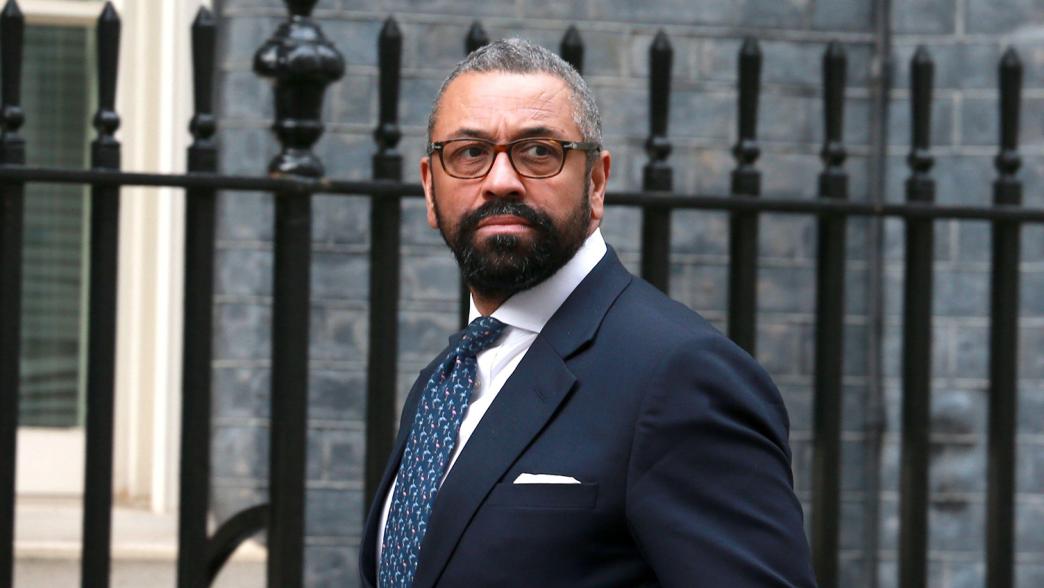David Neal’s sacking shows why independent inspectors need more powers
Independent inspectors need the right to publish independently of those they scrutinise.

David Neal’s sacking by James Cleverly shows flaws in the model of independent oversight of government functions, argues Jill Rutter
Last week, the independent chief inspector of borders and immigration (ICIBI) gave interviews to the press about some of the findings of the backlog of reports sitting unpublished in the Home Office. The home secretary’s reaction was a peremptory sacking 10 https://questions-statements.parliament.uk/written-statements/detail/2024-02-21/hcws269 for breaching the terms of his contract – a month before his term was due to expire anyway. There are lessons from this incident for all bodies and individuals who take on roles involving scrutiny and oversight of government.
The Home Affairs Committee was concerned that Neal would be too soft on the Home Office
David Neal came from a distinguished military career into his role. But when the Home Office nominated him in 2021 as its preferred candidate to be the ICIBI, the home affairs select committee expressed two concerns – one that he regarded the Home Office as too much of a “stakeholder” and secondly that he might be unwilling to “publicly challenge” the Home Office. There is always a concern among select committees that departments will be tempted to appoint people who are too sympathetic to them. That is one of the reasons why pre-appointment processes are an important safeguard. But those criticisms did not get in the way of Neal’s appointment. Now it looks as though either the committee got their initial assessment wrong or three years of dealing with the Home Office drove Neal to the end of his tether.
He would not be the first independent commissioner to find the Home Office frustrating to deal with. When the first anti-slavery commissioner stood down, he wrote to then home secretary Theresa May saying: “This position is recognised as one of the key provisions of the Act particularly in respect of independence, which is vital for success of the role. At times independence has felt somewhat discretionary from the Home Office, rather than legally bestowed. I hope that any future incumbent can be assured the independence I am sure you intended as the author of the legislation.” 11 https://publications.parliament.uk/pa/cm5801/cmselect/cmhaff/1024/102403.htm https://assets.publishing.service.gov.uk/government/uploads/system/uploads/attachment_data/file/708125/20180504_IASC.PDF
Parliament needs to ensure departments cannot hobble those overseeing them
Although “independent”, inspectors, commissioners and watchdogs are usually appointed by the ministers whose departments they are overseeing. They are not parliamentary bodies like the National Audit Office. They depend on departments for their budgets and often for any staff.
Some – but not all – are set up in statute, but parliament does not necessarily do a great job in ensuring they have the powers and authority they need to do their jobs effectively. Whenever the government makes a new proposal to create such an oversight role, 12 https://publications.parliament.uk/pa/cm5801/cmselect/cmhaff/1024/102403.htm https://assets.publishing.service.gov.uk/government/uploads/system/uploads/attachment_data/file/708125/20180504_IASC.PDF parliament should ensure that they will have the budget and the freedoms they need to perform that role effectively. Parliament itself should also take a regular interest in their activities and follow up with the department.
An absolutely basic requirement is the ability of overseers to make their findings public
One of the absolute basics needs to be the ability to make findings public (with the minimum number of exceptions for genuine national security grounds). There is no point in making findings, sending them to an unresponsive department and then see them stacking up like planes circling Heathrow but with no prospect of landing.
That seems to have been the problem facing Neal – and why he felt compelled to act. It should never have come to that. Either the inspector should be given the powers to publish their own reports or departments should be under an obligation to publish them within a specified period of receipt.
Publication is necessary but not sufficient. Departments need to be obliged to tell parliament how they are responding to reports as well.
Government should ensure that independent control of publication is the rule
Its easy to think the Neal case is closed. But no successor should take on the role with powers unchanged. Any government committed to good government and transparency should trawl now through the many oversight roles created over time and ensure that none get trapped in the non-publication trap again. After all, these posts are not there for the convenience of the departments – they are created because it is in the public interest to know how departments are performing.
- Topic
- Policy making Civil service
- Keywords
- Immigration
- Political party
- Conservative
- Position
- Home secretary
- Administration
- Sunak government
- Department
- Home Office
- Public figures
- James Cleverly Theresa May
- Publisher
- Institute for Government